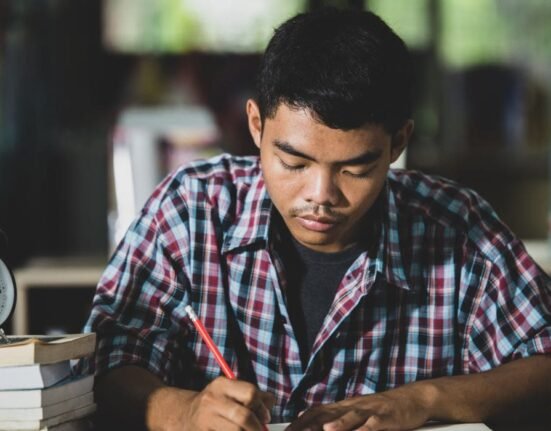Any group of people in a society that is vulnerable to discrimination are marginalised groups. In India, Adivasis, Dalits and Muslims are considered as Marginalized sections of the society. Apart from them, people from the LGBTQ community often have to face discrimination.
Related: LGBTQ+ Community, issues and prejudices faced by them
What is Inclusive Therapy?
The term “inclusion’ is often used in psychological as well as educational sectors. It is interpreted as including under one umbrella irrespective of any bias based on caste, creed, religion, race, gender, disability and any other way of differentiating. Mental well-being is for everyone, and so is the availability and accessibility of mental health services for everyone.
Therapy as a misconception of the West
While therapeutic interventions have developed with growth in the field of psychology, which is mostly in Western culture; people, especially from marginalized groups see it as a Western concept that they should not accept to stay connected with their own culture and traditions. While there is nothing wrong in stating as a matter of fact that therapy has its origination lying in Western culture and even many therapists uphold the Western point of view; it is essential to be aware of and accept that therapy is an intervention that must be applied for any human being to deal with their mental and emotional suffering. The solution is to have a culture-oriented therapeutic support that aligns with the person receiving it.
Read More: Cultural Kaleidoscope: Learn about Cross-Cultural Psychology
Accessibility
While there are a lot of taboos and stigma for therapeutic support in our society. Both accessibility and affordability are limited. With less recognition and awareness along with limited therapists available, therapy is considered a luxury instead of a basic health care service. Prominent sections of the population, being deprived of this, and marginalized groups have way less accessibility to therapeutic support.
Read More: Intersections of Poverty and Mental Health: Revisiting the Gap
Financial and linguistic barrier
Often, marginalized sections of society face language and communication difficulties. Communication being the strongest medium for therapy, therapists accustomed to their languages are an essential element to have for an adequate service. Along with this, marginalized groups often due to discrimination have fewer opportunities, further hampering their financial stability. Since therapy and other mental health support services are not easy to afford, obstacles in monetary terms can be witnessed.
Social Support:
Therapy for marginalised groups is not limited to people of just these groups. Rather, it is a collective effort from all of us on humanitarian grounds. The provision of accessibility to basic physical utilities is very fundamental. We need to grow more than this by achieving a sense of collective belonging where discrimination is not witnessed. People of every section should feel belongingness, social support is inevitably required for holistic development of personality and healthy mental well-being.
Self-awareness as a therapist:
People have indirect upbuild of perceptions from social norms. With notions of patriarchy and discrimination, it is expected to be conditioned to such thoughts. What’s important is having an open-minded point of view to have a judgment of your own. Being a therapist or any mental health care professional, it is crucial to leave all the biases behind and have a neutral point of view for the client irrespective of their ethnicity or any other differences from a common group. Whatever psychological and emotional setup is universal for all and hence therapy is a right that every human deserves.
Read More: Thrive, Don’t Just Survive: The Power of Therapy in Everyday Life
Citations +
- Bartlett A, Faber S, Williams M, Saxberg K. Getting to the Root of the Problem: Supporting Clients With Lived-Experiences of Systemic Discrimination. Chronic Stress (Thousand Oaks). 2022 Nov 21;6:24705470221139205. doi: 10.1177/24705470221139205. PMID: 36439647; PMCID: PMC9685113.
- https://www.medicalnewstoday.com/articles/why-mental-healthcare-is-less-accessible-to-marginalized-communities
- Jagoo, K. (2021, October 1). Marginalized Mental health matters: What experts want you to know. Verywell Mind. https://www.verywellmind.com/the-mental-health-of-marginalized-folks-what-bipoc-experts-want-you-to-know-5199181













Leave feedback about this